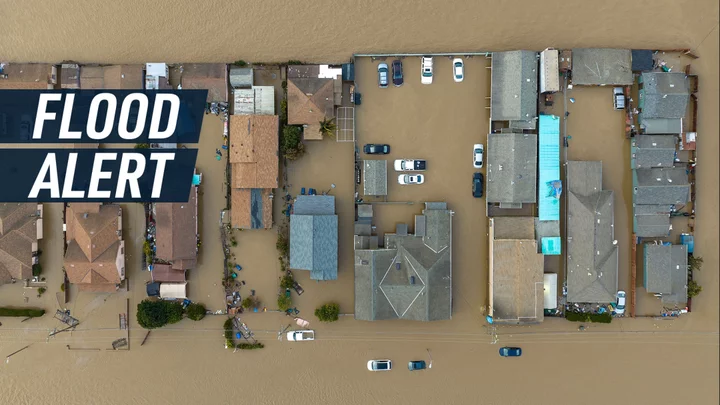By Davide Barbuscia
NEW YORK Moody's remains the last of the three major credit rating agencies to maintain a top rating for the United States, after Fitch cut the sovereign rating earlier this week and Standard & Poor's lowered it in 2011.
Fitch's downgrade of the United States to AA+ from AAA caused volatility in stock markets and highlighted some investor concerns over the country's financial health, but many said the impact on U.S. debt trading was minimal.
After the downgrade, the U.S. ranks lower than Australia, Canada and some European countries, according to Fitch.
A Moody's downgrade could exacerbate fiscal concerns, but investors are sceptical it would have a material impact on the U.S. bond market, seen as a safe haven because of its depth and liquidity. Investors were also not particularly concerned that any potential, further downgrade, would lead to forced selling in rating-sensitive portfolios.
"As long as U.S. government debt is the risk free asset, it’s unlikely a downgrade by Moody’s would elicit a much different response than what occurred (or didn’t occur) with Fitch," said Lawrence Gillum, chief fixed income strategist for LPL Financial.
"After the S&P downgrade more than a decade ago, a lot of institutions changed their mandates to explicitly state 'government bonds' instead of a stated rating," said Ryan Detrick, chief market strategist with Carson Group.
"So even if Moody’s downgrades, it’s not going to force sales from this perspective," he said.
For the time being, however, there is no immediate concern. In a July update of its credit opinion on the sovereign rating, Moody's maintained its Aaa rating and stable outlook, which means likelihood of a new rating over the medium term is low.
Moody's did not offer comment beyond referring Reuters to its latest credit opinion, which it said reflected its latest thinking on the U.S. sovereign credit profile.
WHY DOES MOODY'S HAVE A TRIPLE-A U.S. RATING?
Moody's said in July its triple-A rating of the sovereign reflected "exceptional economic strength." It also pointed to high governance strength, and the government's ability to fund itself thanks to the central role of the U.S. dollar and U.S. Treasuries in the global financial system.
In Moody's view, these factors counterbalance "lower fiscal strength," which the agency expects will weaken.
WHAT WOULD PROMPT MOODY'S TO DOWNGRADE THE U.S.?
Moody's could change its outlook and, eventually, its rating if policymakers were unlikely to tackle growing fiscal challenges in the coming years by either increasing government revenues or reducing mandatory spending.
A "deterioration in the quality of legislative and judicial institutions or monetary and macroeconomic policy effectiveness" could also weigh on the sovereign rating, it said.
WHAT ABOUT THE DEBT CRISIS?
In March, Moody's said it would have downgraded the sovereign in case of a missed payment on its debt, but it remained confident a deal would have been reached in advance of the so-called X date.
In its latest credit opinion, Moody's said it had confidence in the strength of U.S. institutions, adding that monetary and macroeconomic policies have "a long history of effectiveness."
It said, however, that other aspects of policymaking are "less robust than in many Aaa-rated peers," particularly when it comes to fiscal policy effectiveness.
"Given the increasingly polarized political dynamic of US policymaking in recent years, including congressional brinkmanship around the debt limit, it is questionable whether US legislative and executive branches will undertake the pronounced shift in policy that will be required to address rising fiscal pressures," it said.
(Reporting by Davide Barbuscia; editing by Megan Davies and Diane Craft)









